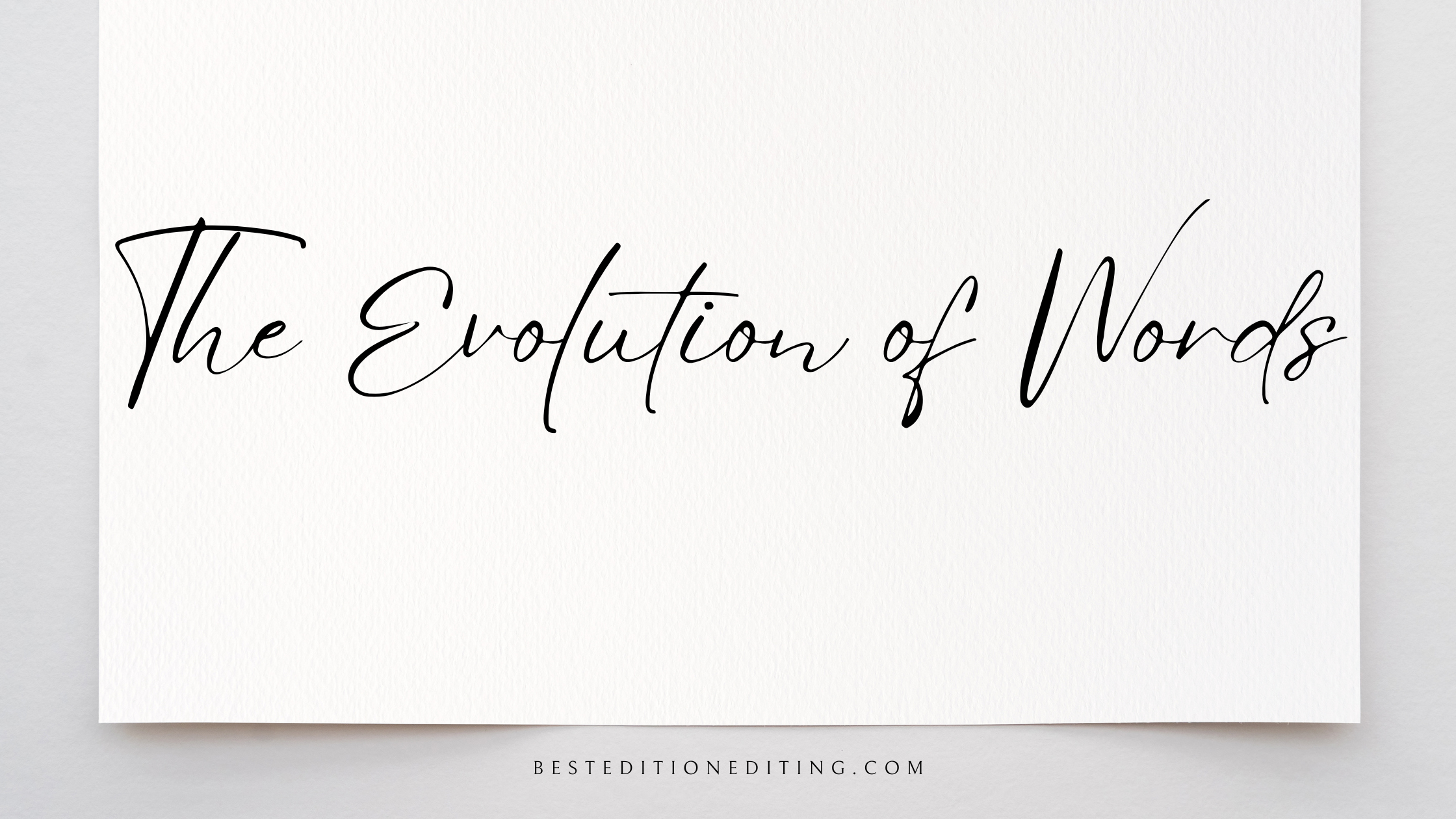Words are ever-changing things. Their meanings rarely stay the same forever. Sometimes, this change is gradual and slow, but occasionally, words change meanings in the span of a few decades. In fact, some words have changed meaning over the short course of my lifetime. In this post, I will highlight words that have changed meanings, explain why I think those changes happened, and ultimately answer the question: Are these changes okay?
In the meantime, this is what I expect Oprah to do in a room full of words:
Salty: A Taste or a Personality Trait?
As is the case with most word changes, the meaning of “salty” has evolved, and it is now used as slang. When I was born and through about half of my life, when someone said the word “salty,” everyone knew they were referring to that taste that comes from table salt. However, once my generation latched onto this word, we changed the meaning altogether.
To Gen Z, those born between 1997 and 2012, “salty” has a dual meaning. Yes, it can mean a food that tastes salty, but it has also evolved into a word more akin to “sassy” but with a different connotation. Whereas the word “sassy” evokes one feeling, the word salty evokes another. Just look at the Merriam-Webster definition of “sassy” compared to the Urban Dictionary definition of “salty.”
When their definitions are compared, these two words kind of mean the same thing, but salty accomplishes something different than sassy does. Before we changed this word’s meaning, we didn’t have a word to refer to someone upset over something minor. I believe this word evolved because there was a need for a word with this distinctive connotation. Could any other word have worked? Possibly. However, salty already had a generally negative connotation. When someone describes a food as salty, they don’t usually see it as pleasant. Salty tends to mean “too much salt.” Because this word already referred to something unpleasant, it wasn’t that much of a shift to switch its definition from “an unpleasant taste” to “an unpleasant person.”
Interestingly, the word “bitter” seems to have had a similar evolution in its lifetime. It can refer to an unpleasant food, but it also refers to a disagreeable person. The adjustment of the definition of “salty” follows similar principles, and in my opinion, it makes complete sense.
Shade: Partial Obscurity of Sunlight or a Way to Disrespect Other People?
Another word that has seen an adjustment in meaning during my lifetime is “shade.” Let’s look at the dictionary definition of this word first.
A lot of us came to know this word through its original meaning. We found shade under trees and under canopies. We saw it as a solace from heat in the summer and a place to avoid in the winter. It was simple. Now, let’s look at how Urban Dictionary defines “shade.”
Not only did this word change to mean something else, it is also now accompanied by the verb “throw.” Shade from the sun isn’t usually used this way. I have never heard someone say, “This tree is throwing shade at the grass.” As this word evolved, though, it suddenly could be metaphorically “thrown.” In fact, when used in the Urban Dictionary definition’s way, this word is rarely unaccompanied by the word “throw.”
As opposed to “salty,” however, this word didn’t initially have a negative connotation. Shade from a tree is neither a specifically good nor bad thing. Why, then, was this the word chosen to fill this gap in our language? It initially meant a blocking of sunlight, which may be where this new definition came from. When someone “throws shade” at another person, they are making a comment in an attempt to metaphorically “dim that person’s shine.” In a roundabout way, then, this new definition makes sense.
So, Is It Okay?
It is common for older generations to turn their noses up at these words and “slang” in general. They consider them a deterioration of our language and a way that the younger generation is “dumbing down” their precious English. However, words have been changing for as long as they’ve existed. They have been invented whenever the need arose. In the same way that the older generation developed the word “gnarly” and started using it in everyday conversation, the younger generations are inventing words when they are needed. Slang evolves as a way to enrich communication and tighten up speech. In the end, isn’t it much easier to say something like, “Clarissa was being so salty today” than to say, “Clarissa was upset over every little thing today”? It’s more concise; it’s quicker. So, as the meanings of words inevitably continue to change, I encourage all my readers to embrace the change and try to understand why they have evolved the way they have. Do they fill a gap in our language? Because if they do, then they have a purpose.



.png)
.png)

.png)
.png)


View comments
+ Leave a comment